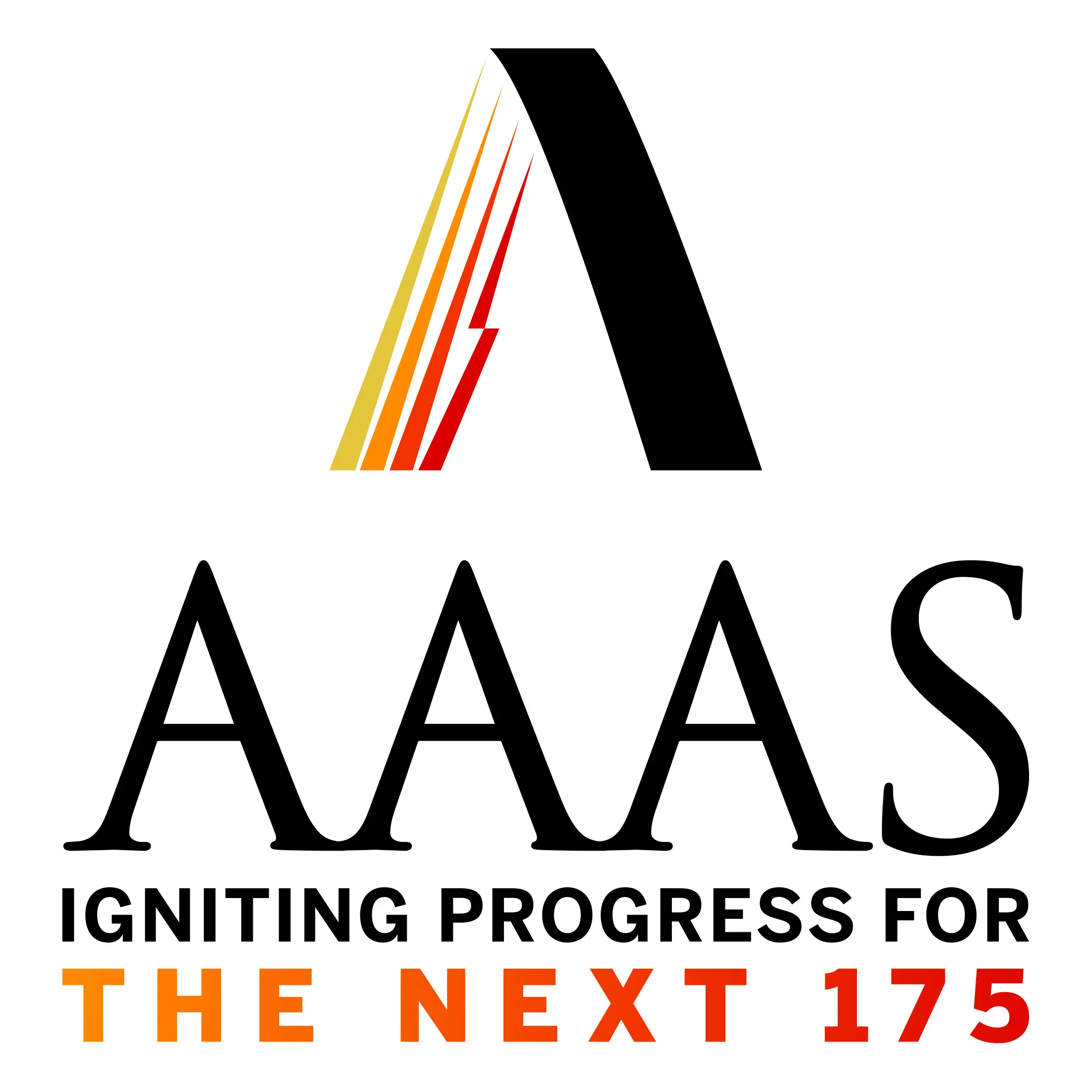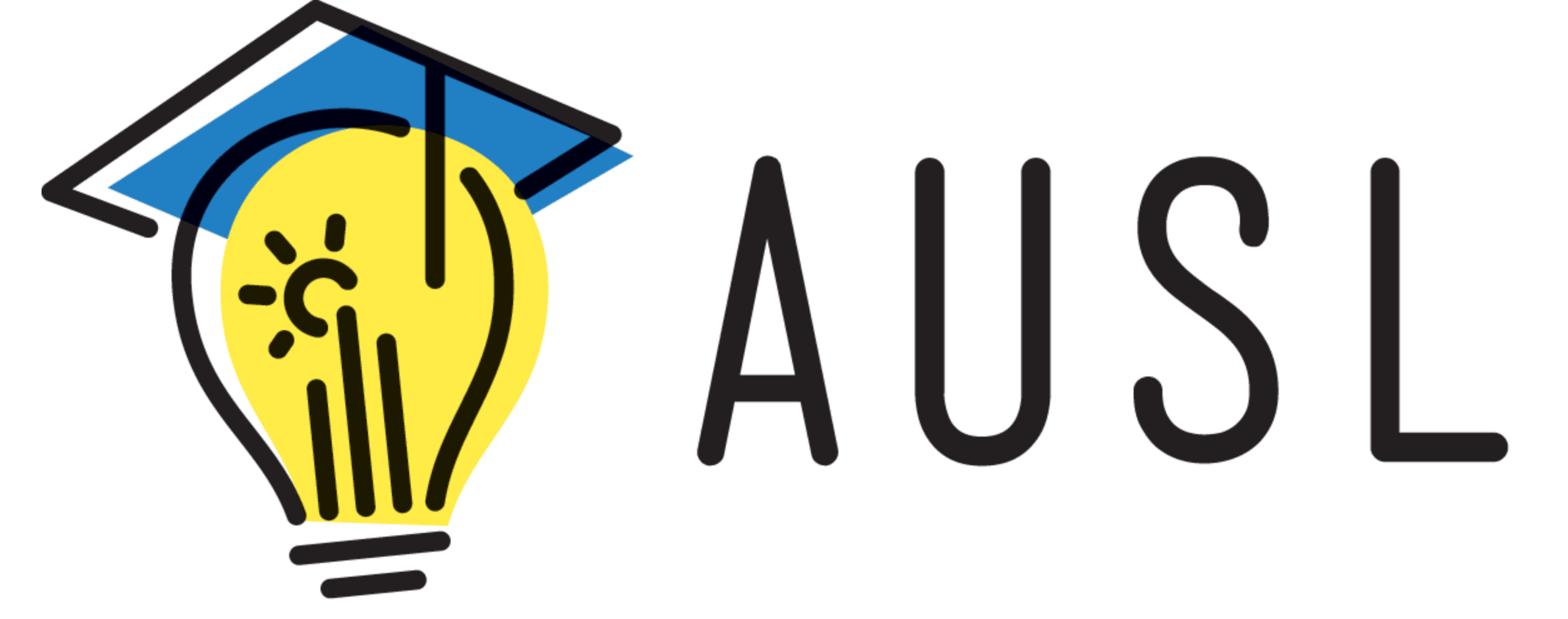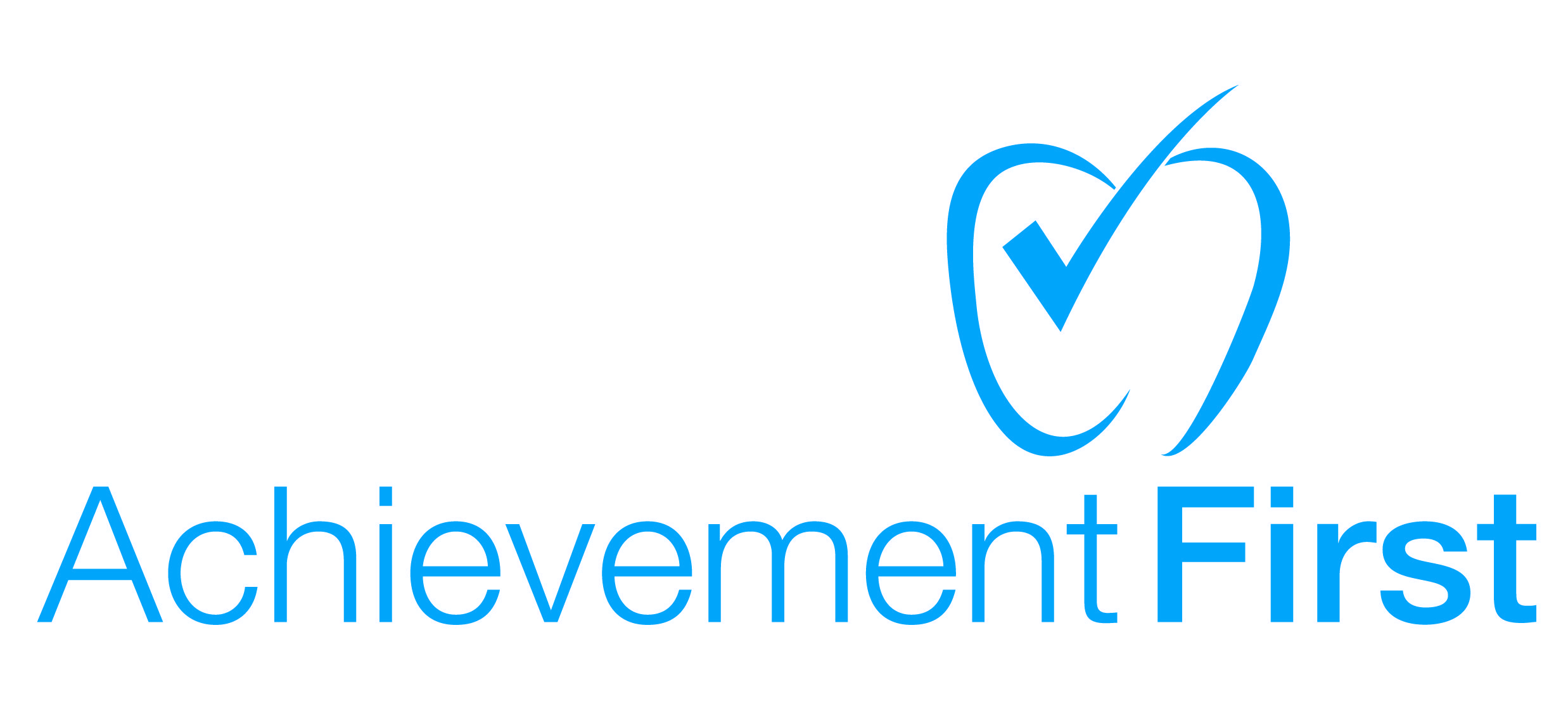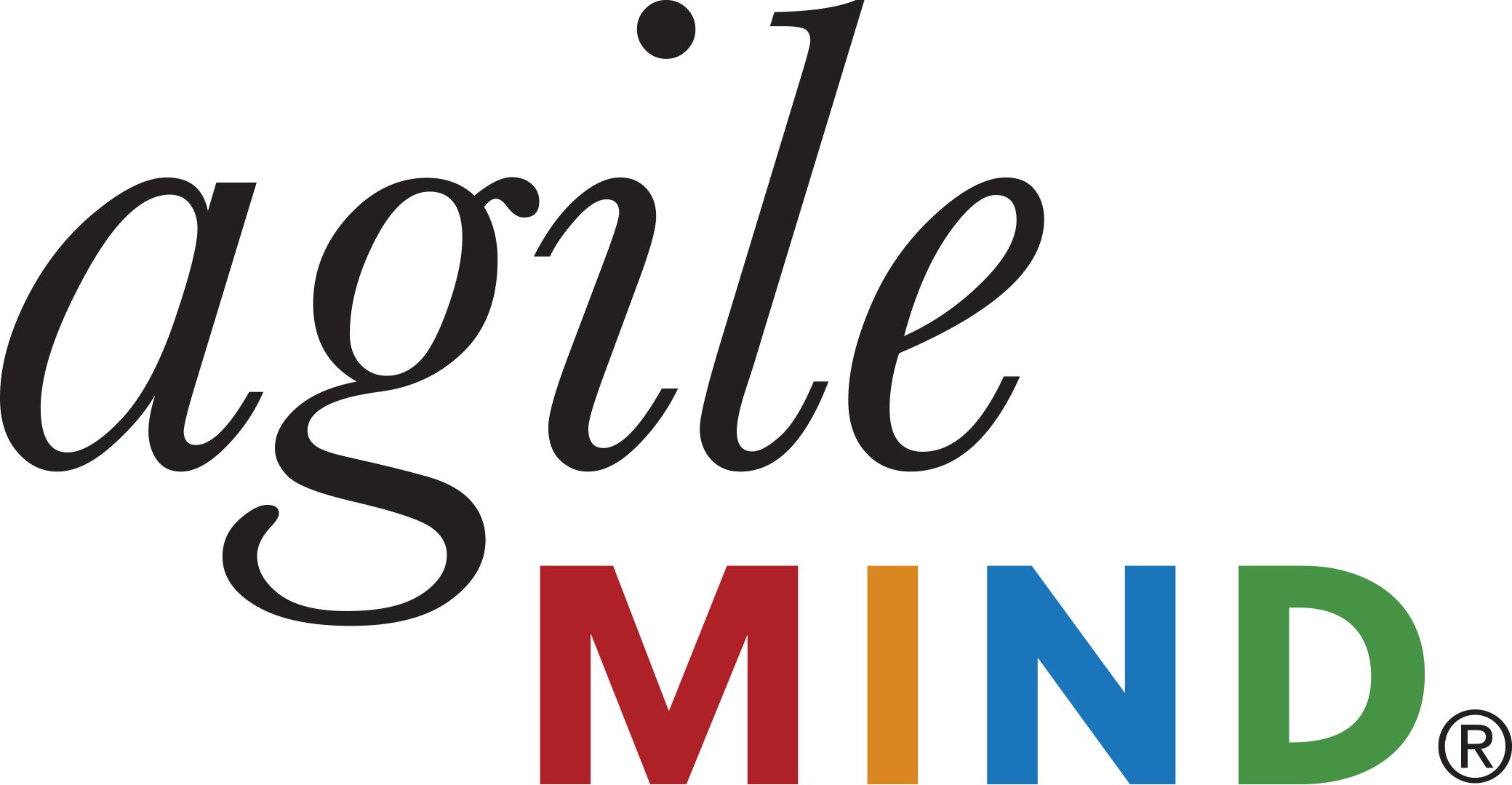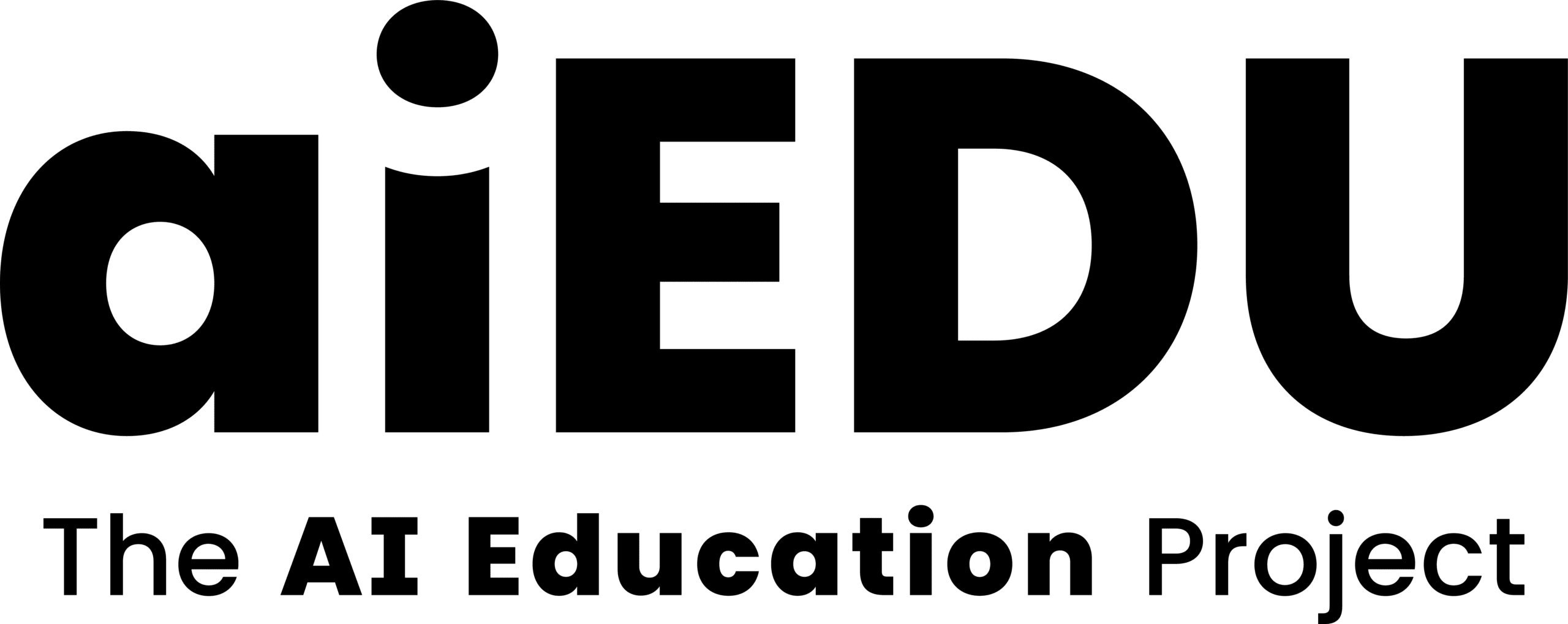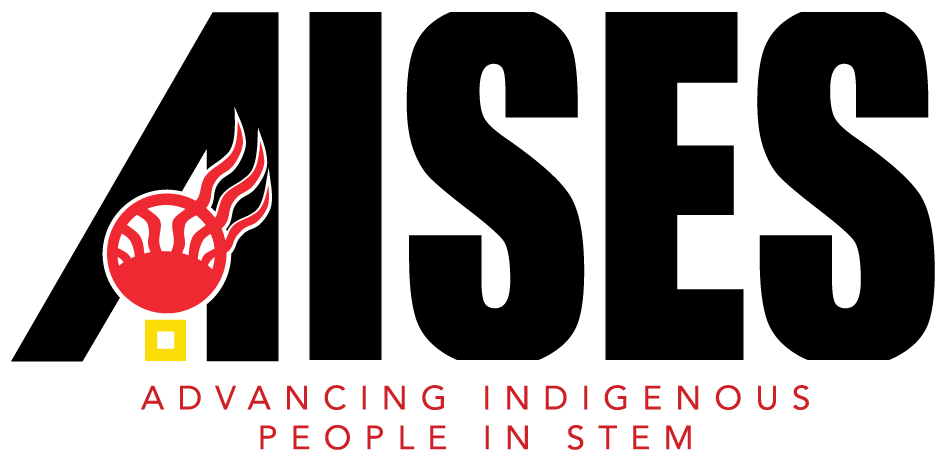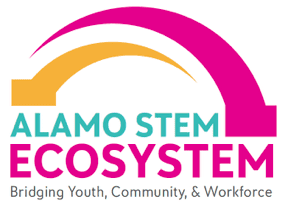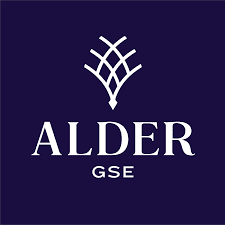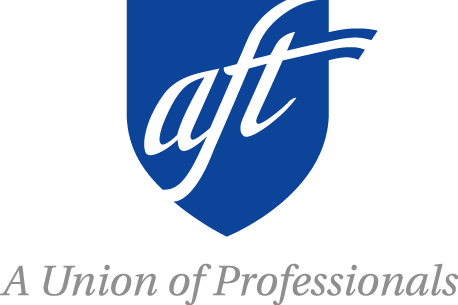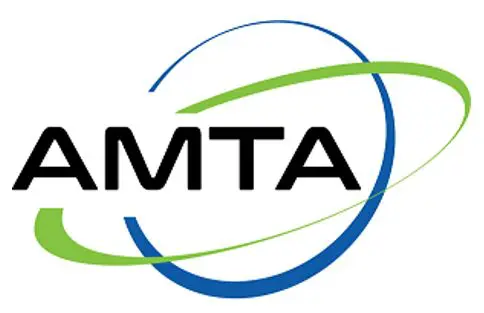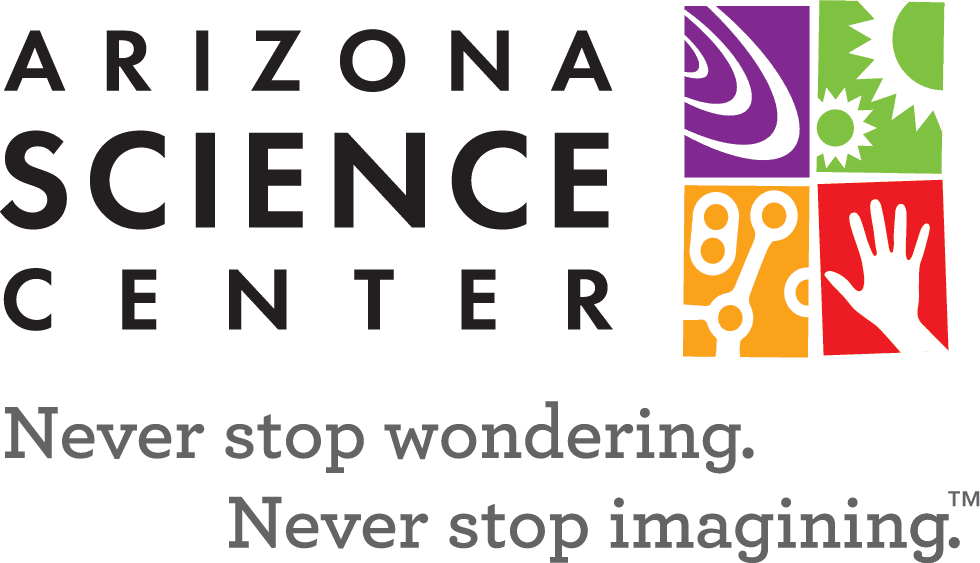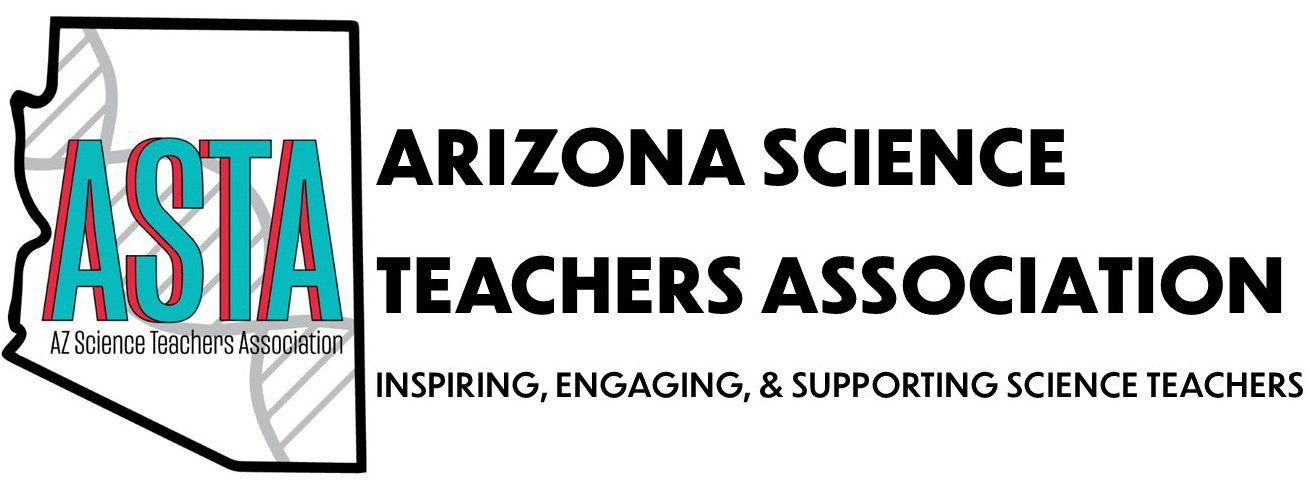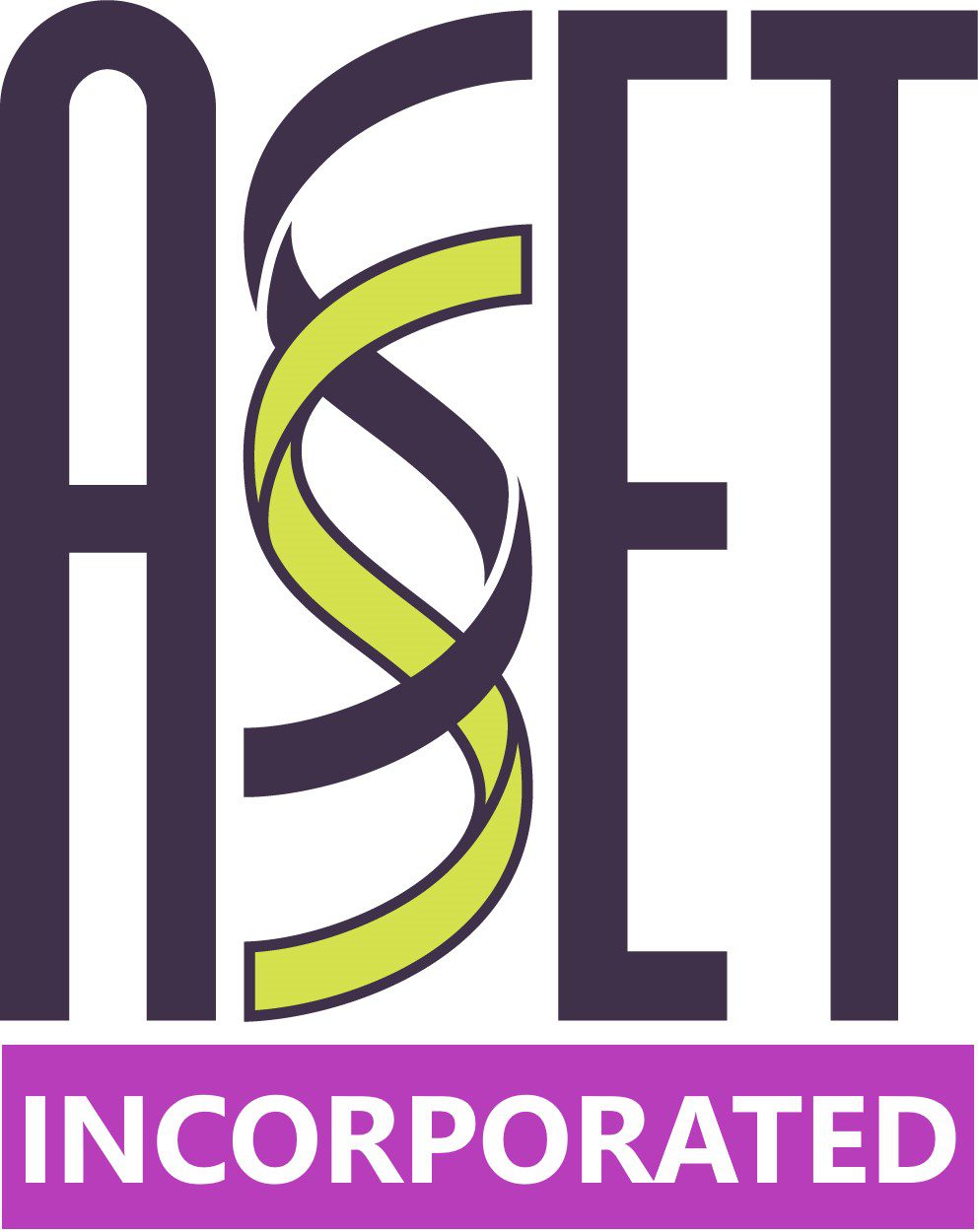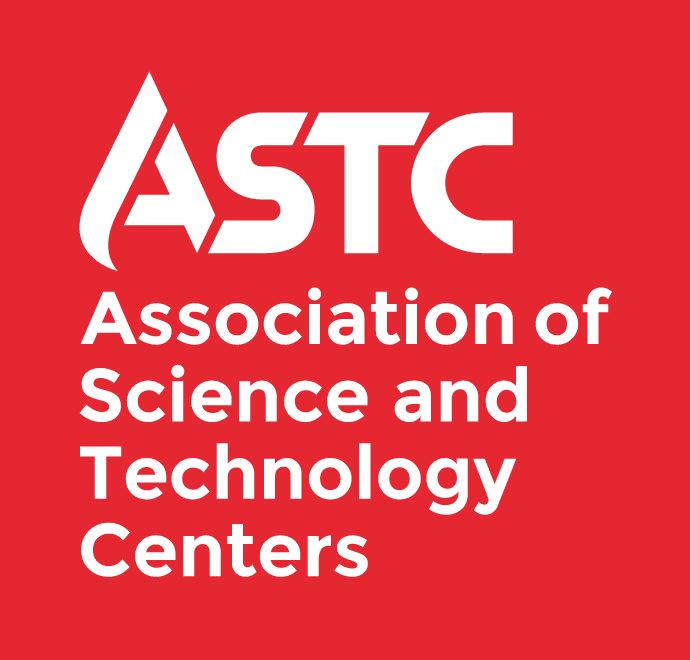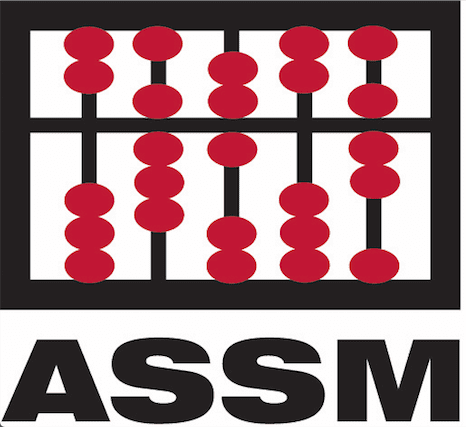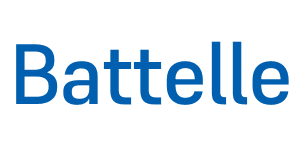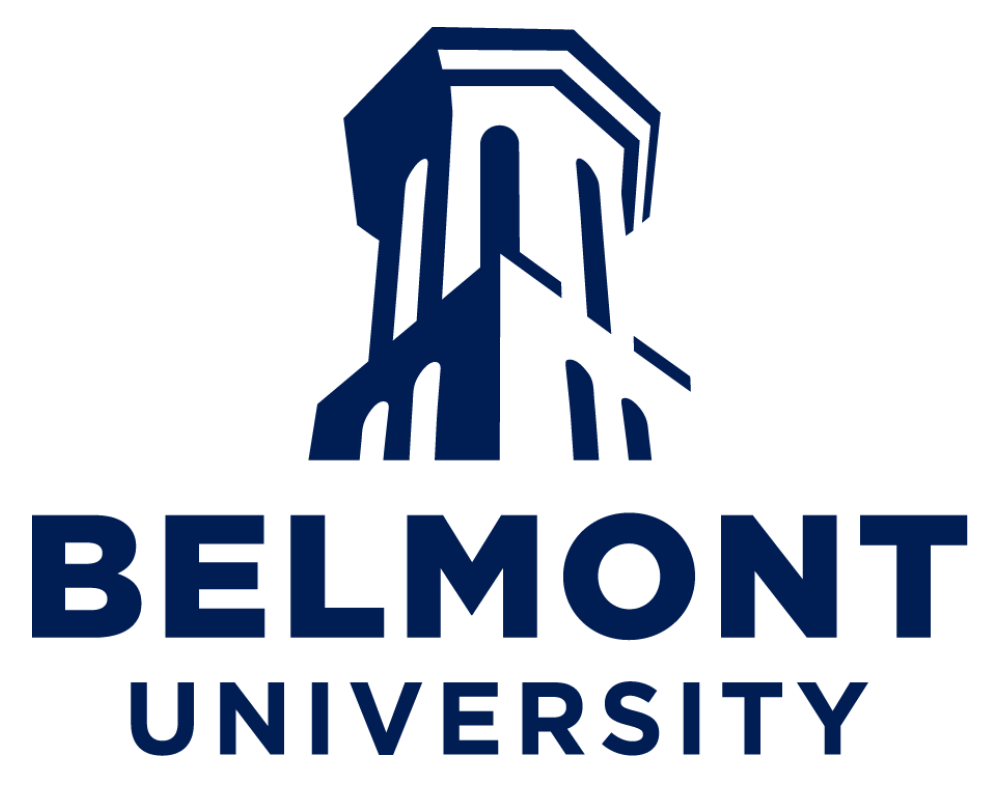Our Journey
In the last decade, we successfully prepared over 100K new STEM teachers who have helped strengthen and improve the field and our world. Over the next decade, we are looking to build on that progress by preparing and retaining 150K new STEM teachers who increasingly mirror the diversity of their school community, especially for schools serving majority Black, Latinx, and Native American students. We’lll support our network to foster workplaces and classrooms of belonging so that everyone we reach can see a path for themselves in STEM. And in the decade after that, we are hopeful that our commitment to this work will solve the STEM teacher shortage once and for all.

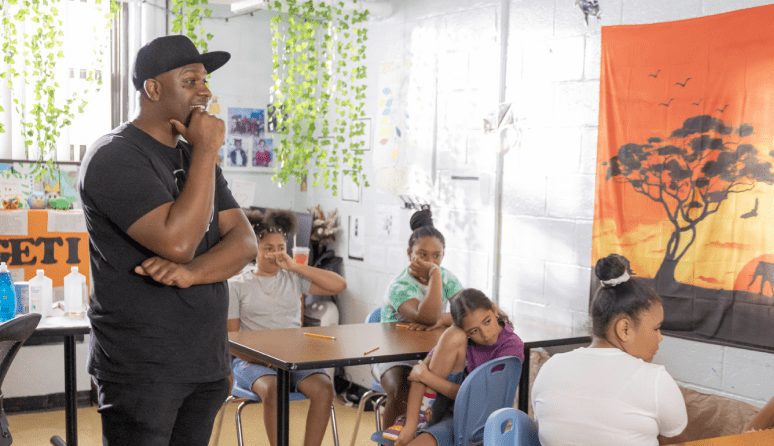
Our Journey and where we’re headed:
100Kin10
In 2011, we took up a call by President Obama to prepare 100K STEM teachers in 10 years alongside 28 partner organizations. By 2021, 300 organizations worked collectively to surpass our shared goal and we prepared nearly 110K excellent STEM teachers to the field. We did this by focusing our radical collaboration on:
Building a Network
of Diverse Stakeholders
Creating a Map of the System
Building tools for Making Progress
We support partners to succeed at their commitments and tackle the systemic challenges revealed by the map.
Collectively We Advance the Field
In 2021, Bellwether Education Partners conducted a third-party evaluation of our impact. They found that the network spurred five major advancements in STEM teaching and learning:
BETTER RECRUITMENT: 100Kin10 prep programs used improved strategies to recruit highly qualified STEM teacher candidates
IMPROVED PREPARATION: More STEM teacher candidates have access to evidence-based STEM preparation via 100Kin10 partners
EXPANDED EARLY STEM: 100Kin10 partner programs have increased emphasis on preparing and supporting elementary teachers with STEM skills, and in particular foundational math
ENHANCED PROFESSIONAL DEVELOPMENT: More teachers have access to quality STEM professional growth and collaborative work environments via 100Kin10 partners
MORE AUTHENTIC STEM: More teachers and students have access to meaningful, authentic, and rigorous STEM learning via 100Kin10 partners
GRAND CHALLENGES
The future of our country depends on today’s students becoming tomorrow’s innovators. We believe that young people have infinite potential and that when that potential is nourished in STEM classrooms, they will bring to life out of this world solutions to our biggest challenges. This is why we must tackle the underlying causes of our nation’s shortage of excellent STEM teachers. So we identified the 100 challenges to preparing and retaining great STEM teachers and created a roadmap that points the way toward transforming STEM education.
THE UNCOMMISSION
In 2021, nearly 600 young people shared their K-12 STEM experiences through a diverse, participatory storytelling effort called the unCommission. We knew their input was critical in order to identify action-ready considerations for the future of STEM learning and opportunity. Now, their voices are guiding our next chapter and goal on this journey to end the STEM teacher shortage with equity, representation, and belonging at the center of this work.


Our Next Shared
GOAL
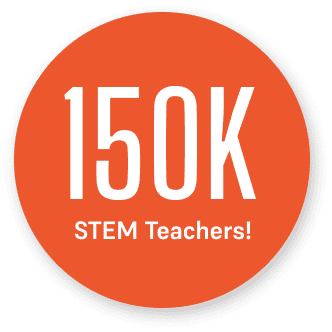
OUR NEXT SHARED
GOAL
STEM has never been more important to our future.
The people who will cure cancer and dementia, desalinate water, help us avoid future pandemics and solve challenges unknown or invisible are in our nation’s classrooms today. And, we cannot solve these challenges without ensuring those most under-represented in STEM are centered in the work ahead.
To achieve our next shared goal, we are relaunching and growing our network with an explicit focus on Black, Latinx, and Native American teachers and students. In order for students to succeed in STEM, they need to feel that they belong in STEM classrooms and careers. That’s why we’re preparing and retaining 150K teachers in STEM, with an explicit focus on creating a sense of belonging and equity in our classrooms, and beyond. And we cannot wait for you to join us.
Change requires all of us.
Radical collaboration among change-makers across industry and sector is the only way to effect real progress and move our world forward. Our role is to mobilize our network with a focused strategy, clarity of purpose, and vision for achieving change.
Together we can make momentous change in our world.
American Association for the Advancement of Science (AAAS)
Commitment
The American Association for the Advancement of Science (AAAS) is working to address the critical need for recruiting, preparing and retaining highly effective STEM leaders in high-need school districts by building and disseminating research-based practices for pre-service STEM teacher education for STEM teachers in high-need schools. Through AAAS’s Robert Noyce Teacher Scholarship program (Noyce) grant, AAAS is building and disseminating research-based practices about stimulating and advancing innovation in preservice education of STEM teachers. AAAS has undertaken a multi-year effort to identify (a) what we know from current research on STEM teacher preparation programs and what we want to know and (b) innovative strategies for implementing core concepts and competencies for STEM teacher education and practices and plans to disseminate this learning broadly to Noyce programs at an annual AAAS hosted conference as well as to other preservice preparation programs for STEM teachers.
Academy for Urban School Leadership
Commitment
Over the next five years, the Academy for Urban School Leadership (AUSL) will continue to support the recruitment of 100 diverse K-12 STEM Teachers into our nationally recognized Chicago Teacher Residency program. Our one-year program will provide equity-focused training to develop high-quality, passionate educators who will help AUSL ensure previously underperforming schools are safe, supportive, and diverse learning environments that enable Black, Latinx, and Native American children to thrive academically and socially. To do this, AUSL will recruit STEM candidates for our Teacher Residency Program using a disciplined marketing approach and an equity-focused recruitment framework.
The recruitment process involves a multi-channel approach to attract prospects, utilizing both organic and paid marketing efforts. Recruitment efforts focus on universities, partnerships, job postings, and referrals. Once candidates are identified, they enter a defined submittance process with timelines: AUSL recruitment takes 2-5 days, while DePaul’s admission process takes approximately 3 weeks. A shared database ensures seamless communication and tracking between AUSL and DePaul. Candidates will not be informed of their acceptance until they are officially accepted by DePaul, and collaboration between the two institutions is clearly outlined.
Achievement First
Commitment
“To meet at least 80% year over year retention of our Black, Latinx and Native American STEM teachers within five years we will:
1.) Prioritize Teacher Support and Development: We will support teachers and leaders by providing them strong curricular resources and network support for lesson internalization and implementation.
2.) Provide effective professional development: We will focus on adaptive leadership skills and other leadership competencies that coaches and managers need to be successful in their support of teachers.
3.) Clarify who we are and what we stand for: We will work with a cross section of stakeholders to update our graduate aims for K-12 and create an explicit theory of learning at the high school level.
4.) Improve workplace systems and processes: We will strengthen payroll, accounting, HR systems, and other organizational processes; improve efficiency and clarity of communications; and revise goal setting and performance management systems.
Agile Mind
Commitment
Agile Mind, Inc is making two commitments in support of teacher belonging, representation and retention. By 2027, we will more than double the number of educators who are members of our national virtual professional learning community (VPLC) from 2,900 to 6,000. The VPLC provides opportunities for educators from 26 states and 300 districts to connect with others across the nation to share common and unique experiences, successes, and concerns. The VPLC is especially valuable to educators in isolated or single-school districts in which they are one of a few Agile Mind teachers in their schools by providing them ways to overcome a sense of isolation and develop a sense of belonging with peers. By 2027, Agile Mind, Inc will signifigantly increase the number of teachers we serve with a priority to support STEM teachers who teach Black, Latino and Native American students. By 2027, we will more than double the number of middle and high school teachers we serve with our mathematics and social and emotional learning programs and will serve a total of 15,000 teachers. We will also more than double the number of STEM teachers who serve Black, Latino, and Native American students through our support. By 2027, we will support school systems’ initiatives to prepare and retain over 500 math teachers from historically underserved communities.
The AI Education Project (aiEDU)
Commitment
By Fall 2028, AI Education Project (aiEDU) will significantly expand our reach and solidify partnerships across the country to support 100 more school districts in at least 10 states in order to actively contribute to transforming STEM education by focusing on the preparation of AI-literate teachers, particularly in schools serving predominantly underserved students. Our commitment centers on advancing equity and representation, aspiring to ensure that the ethnic and racial diversity of our curricular, professional learning, and policy programs mirrors that of the local communities we serve. Our commitment will result in transformative educational experiences ensuring that teachers and students are equipped with the necessary AI literacy to thrive in a rapidly evolving world.
AISES (Advancing Indigenous people in STEM)
Commitment
By 2029, AISES will support 250 STEM teachers to cultivate classrooms of STEM belonging for Native American students. We will do this by implementing professional development programming such as our Indigenous Knowledge to Grow Successful STEM Teachers program , which will establish a graduate-level professional development course in partnership with Fort Lewis College. These efforts will build the capacity of and increase teacher retention among Indigenous STEM teachers and teachers of Indigenous students to increase educators’ abilities to provide culturally appropriate and effective instruction and supports to Indigenous students, which will ultimately increase Indigenous students’ STEM academic performance and college and career readiness.
Alamo STEM Ecosystem
Commitment
By 2029, the Alamo STEM Ecosystem will support 1,200 STEM teachers to cultivate classrooms of STEM belonging, with 90% of teachers serving in schools that primarily serve Black, Latinx, and Native American students. We will do this by serving the community with a free STEM Education professional development conference for local educators and other paid professional development experiences leading to a strengthened community of practice with a focus on equity.
Alder Graduate School of Education
Commitment
“By 2027, Alder GSE has plans to prepare more than 900 STEM educators by expanding the number of school districts and organizations that we bring on as partners and prioritizing engaging districts and organizations that focus on achieving equitable outcomes and social justice. Alder GSE aims for 100% of their STEM teachers to be well-prepared to serve in schools that primarily serve Black, Latinx and/or Native American students by designing the scope and sequence of their coursework in a manner to provide residents with opportunities to explore schooling issues around power, privilege, oppression, diversity, equity, and inclusion (DEI) and identity. All courses are required to have common threads of DEI; culturally responsive, relevant, and sustaining teaching practices embedded within them. 95% of the school districts and charter school organizations where residents are placed serve majority Black, Latinx, and/or Native American students. The combination of coursework focused on issues of equity, social justice, power, and positionally with training in schools where the majority of students are marginalized will better prepare our teachers to serve those students and their communities.
Diversifying the teacher workforce is one of Alder’s main missions. Currently 70% of our residents (193) self identify as part of the Black, Latinx, and/or Native American community. Over the next five years, we will grow to our resident enrollment to 500 residents with approximately 340 new teachers who identify as Black, Latinx, and or Native American.”
American Federation of Teachers
Commitment
By 2027, the AFT will utilize its existing train-the-trainer professional learning program to train 1500 educators from 20 local union/district partnerships across AFT membership to develop skills and mindsets that foster a sense of belonging in STEM classrooms. Extensive attention and focus will be centered on creating and maintaining identity safe and affirming classrooms where diversity is valued, embraced and celebrated. Facilitated trainings allow educators to examine their own social identities and reflect upon how deep culture can impact teacher-student/student-student relationships, engagement and instruction for Black, Latinx, Native American and LGBTQ+ students. Professional learning modules in this series offer evidence-based approaches to culturally responsive teaching, shaping STEM identities, reframing deficit language and confronting schoolwide barriers that limit social emotional and academic advancement for historically marginalized students. Technical assistance is available to support schoolwide alignment and implementation.
American Modeling Teachers Association
Commitment
AMTA will add social connectedness questions to our surveys of all Modeling Workshop participants to see whether there are correlations between belongingness and race, ethnicity, gender (as well as other demographic factors). We will conduct annual surveys of members to see how these correlations change over time, and develop targeted programs to enhance BIPOC teacher resilience and belongingness.
American University
Commitment
By 2029, American University’s School of Education will prepare and retain 75 Black, Latinx, and Native American STEM teachers, focusing on creating inclusive, equitable, and antiracist classrooms. These educators will teach in classrooms across the US, primarily serving schools with a majority of Black, Latinx, and Native American students. Our comprehensive approach combines rigorous academic coursework with hands-on classroom practice, ensuring that aspiring teachers are fully equipped to meet the diverse needs of their students. Participants will earn certifications in elementary education, secondary English language arts, or secondary math, along with a special education license, preparing them to teach and advocate for all learners. Our on-the-ground teams of former educators and local leaders will work closely with each participant to secure quality placements and provide personalized support throughout their transition and teaching journey. This commitment will impact 7,500 students over the next five years, fostering inclusive STEM learning environments and advancing educational equity in our partner cities.
Arizona Science Center
Commitment
By 2027, Arizona Science Center will provide intensive training to 1,000 teachers , 500 of whom work in schools that serve a high population of Black, Latinx and/or Native American students and with the goal of at least 75% of those trained remaining in the classroom for 3 or more years. In addition to intensive training, these teachers will receive ongoing coaching, resources, and materials that will contribute to their confidence and competence in STEM, therefore supporting their retention.
Arizona Science Teachers Association
Commitment
By 2029, Arizona Science Teachers Association will support 500 science/STEM teachers to cultivate classrooms of belonging, with 30% of teachers serving in Arizona (rural and urban) that primarily serve Latinx and Native American students. We will do this by:
- Providing resources to the educators twice a month in our ENews
- Facilitating monthly webinars on science content and pedagogy
- Providing asynchronous online courses for rural educators
Facilitating a 2-day Summer Symposium virtually for educators to develop content knowledge - Providing resources and professional learning focused on discourse strategies that embody equitable learning opportunities for all students.
- Model instructional strategies with an emphasis on productive and inclusive discourse to assist students in creating and strengthening a STEM identity
These programs will lead to the STEM teachers feeling that they belong to a learning community that supports them in deepening their pedagogical and content science knowledge.
Achieving Student Success through Excellence in Teaching (ASSET) Inc.
Commitment
ASSET is committed to working with the Beyond100K network to share the key learnings of its work with higher education, industry, and community partners to recruit, develop, and retain STEM teachers who are professional, knowledgeable, confident, and reflexive. These educators will understand and practice the social, cognitive, and academic presence essential to teaching and learning in virtual spaces as well as face-to-face environments. They will understand and recognize the power of relationship building in teaching and learning. ASSET will support these educators in prioritizing equity in professional learning, identify and address their own biases and beliefs, and collaborate with diverse colleagues and learners. These educators will understand the value of immediate feedback to professional and classroom learning activities.
Association of Science and Technology Centers
Commitment
By 2028, the Association of Science and Technology Centers (ASTC) will seek ways to break down silos between formal and informal education, highlighting the knowledge and expertise developed in both spaces. We will approach this work through the lens of increasing equity, representation, and belonging and will strive to incorporate the most promising pedagogical and curricular design approaches to support the development and implementation of culturally relevant and sustainable STEM programming. In particular, we commit to providing space (virtual and in-person) for our members to share strategies and approaches in their pre-service and in-service professional learning programs, their curriculum and activity material development, and their school-based out-of-school time programming. We will also seek to engage at least 50 member organizations (including science centers and science museums, as well as allied science engagement organizations) around in-school/out-of-school time partnerships, and later seek to distribute funding to our members to support innovative work. ASTC will also continue participating in various advocacy coalitions at the Federal, state, and regional levels with a focus on equity in K-12 and out-of-school time learning, as well as pursuing policy opportunities in partnership with other STEM education and OST advocacy groups.
Association of State Supervisors of Mathematics
Commitment
Over the next five years, ASSM will strategically work with the broader STEM community to build capacity among state Mathematics leaders to provide structures that assist educators who teach students that have been historically underrepresented in STEM fields. ASSM will support state leaders by: 1) Providing a minimum of five professional learning opportunities per year for state leaders focusing on culturally responsive pedagogical practices that supports a culture of belonging in math and a sense of identity for students and teachers; and 2) Creating a suite of tools and resources that support advocacy efforts and messaging on equity-aligned policies in mathematics teaching and learning; and 3) Helping educators in their states to collaborate with local districts and educator prep programs on examining the impact of mathematics standards in K-12 education with a focus on increasing high-quality classroom experiences and opportunities for students through the integration of equity-based practices in state standards and/or support documents.
Battelle
Commitment
Battelle’s goal is to reach 200 educators per year through 2027 who work in Title 1 schools and 100 Black teachers per year through 2027. Battelle supports educators through both our direct education work and philanthropic efforts in communities where our employees live and work. Battelle Education provides several professional development opportunities to share best practices in STEM. Ranging from yearlong cohort programs to hands-on training sessions, we are committed to connecting educators, sharing best practices, and promoting professional learning and growth. Philanthropically, Battelle helps reach talented students who might not otherwise have access to high quality STEM learning opportunities by supporting organizations that provide professional development for educators to learn new ways to integrate STEM concepts into their classrooms in an interdisciplinary context.
Bay Area Discovery Museum
Commitment
Within the next five years, we will train and support 500 preschool and elementary educators working with underserved students (in Title 1 and subsidized preschools) through the dissemination of research, teacher resources and professional development programs, focusing on foundational STEM learning.
Belmont University
Commitment
By 2030, Belmont University will prepare 100 new PreK-12 educators in the STEM disciplines, with a particular focus on underrepresented populations and candidates of color, at least 75% of whom will demonstrate excellence in the classroom (as evidenced by evaluations of instructional practice), remain in the classroom for at least 8 years, and serve as enthusiastic ambassadors for the STEM fields. In addition, Belmont University will expose at least 150 high school students (primarily low-income, first generation, underrepresented, and/or students of color) to rigorous college-level STEM instruction, including in the sciences, data analytics, computer science, and/or statistics through dual enrollment summer programming.

